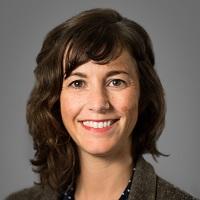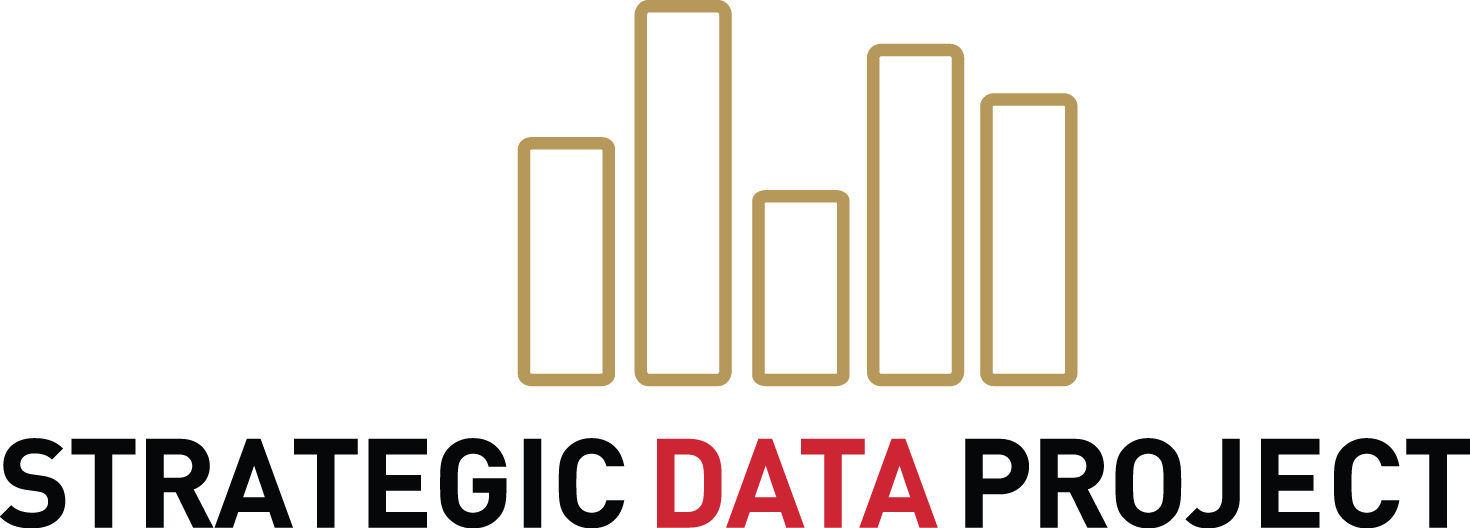 SDP Fellow Kate Babineau explores a hidden persistence solution with the Louisiana College Persistence Pilot Program.
SDP Fellow Kate Babineau explores a hidden persistence solution with the Louisiana College Persistence Pilot Program.
In recent years, much attention has been devoted to finding ways to help low-income and first-generation high school students get into colleges and universities. But what happens once these students arrive? For many students, persisting in college is their next major challenge.
In New Orleans, Louisiana, data show a strong need for intervention and support for students once they enter college. While more than half of graduating high school students from New Orleans public schools entered higher ed in 2016, a gap emerged between who persists beyond the first year and who doesn’t. Specifically, 91.2% of white students returned for their sophomore year in 2017, but only 68.3% of Black students did. That’s almost a 23% difference. Among students from low-income homes, only 33.7% returned. Those numbers reveal a strong need for intervention and support for at-risk students once they arrive on campus.
Finding Inspiration
Administrators, staff, and educators at the University of Louisiana at Lafayette (UL) began looking for ways to solve this alarming persistence gap. They didn’t have to look far for an existing model that worked, one that increased graduation rates for students who participated at almost double the rate of non-participating students. That model came from a surprising corner of the academic world: their athletics department.
UL was already successfully running a support and intervention program for student athletes. “They weren’t letting them fail,” Kate Babineau, SDP Fellow and Senior Research Fellow for the Cowen Institute at Tulane University, said. Could UL replicate similar results with non-student athletes? From that question, the College Persistence Pilot Program was born, a partnership between UL, schools and community partners in New Orleans, funders at a local nonprofit called Belltower, and the Cowen Institute at Tulane University.
The Persistence Pilot Program in Action
Beginning in the 2018–2019 academic year, 45 low-income and/or first-generation students coming from public high schools in New Orleans enrolled as freshmen in college at a pilot program at UL called Louisiana Educates. The goal of the program was to increase persistence rates among this at-risk group using evidence-based strategies that mirror the kind of support student athletes at UL receive.
Throughout their first year in college, students received academic support (in the form of tutoring and study sessions) and financial support. The cohort lived together on campus and participated in team building activities. They were also provided with orientation and professional development opportunities and regular access to dedicated program staff. The program staff answered questions, provided wellness and academic support, and intervened if necessary.
Babineau employed a mixed methods design to evaluate the success of the pilot program. While quantitative data can provide an aerial view of a project like this one (about who succeeds and who doesn’t, for example), data can’t always capture implementation successes and challenges that can influence the intervention at scale. Babineau pointed out that it’s “easy to get lost in standard deviations and statistical significance,” but focusing on those pieces alone can cause researchers to lose sight of the people. “When you’re actually sitting across from a young person, this is their life,” Babineau said.
In order to ensure that researchers were taking into account student experience, Babineau conducted extensive interviews with UL staff, high school staff, and the students themselves. Her goal in these interviews was to think through the results of the program in “a much more nuanced way.”
Overall, Babineau found that students who participated in the program persisted at a slightly higher rate than their peers. Of the students who began the pilot program, 38% were immediately eligible to re-enroll to participate in a second year of the program, while an additional 38% had to enroll in summer classes in order to maintain their Taylor Opportunity Program for Students (TOPS) scholarship. In the end, 72% of first year students re-enrolled in their second year of college. In light of these results, her qualitative research proved to be critical in terms of explaining the results of the pilot program, and continued development and fine-tuning of the program will help predict and remove barriers from student progress moving forward.
Lessons Learned
UL is now running a second cohort, using lessons learned from the pilot study. Funders and community partners are currently working with stakeholders at another local public university to begin a similar program there in the fall of 2020.
Future college programs can benefit from the following lessons researchers and practitioners learned in the pilot study:
-- Make sure to have buy-in from leadership at several different levels in the university;
-- Hire dedicated staff members who can commit to developing personalized and long-term relationships with students;
-- Identify and evaluate scholarship eligibility requirements that may end up being barriers to student success;
-- Ensure that stakeholders and funders are committed to long-term, sustainable programming; and
-- Collect qualitative data (in addition to quantitative data) to ensure that researchers are recognizing individual student successes, not just overall percentages.
Babineau hopes that colleges and universities will adopt college persistence programs for historically underrepresented students and develop “a reputation for it.” Higher ed has proven that support programs work for student athletes. There’s no reason schools can’t extend that to at-risk populations. “It’s providing resources,” Babineau said. “It’s relationship building. For students to have access to a few trusted adults who won’t let them slip through the cracks—it’s all hands on deck.”
Kate Babineau is a Senior Research Fellow at the Cowen Institute for Public Education Initiatives.
